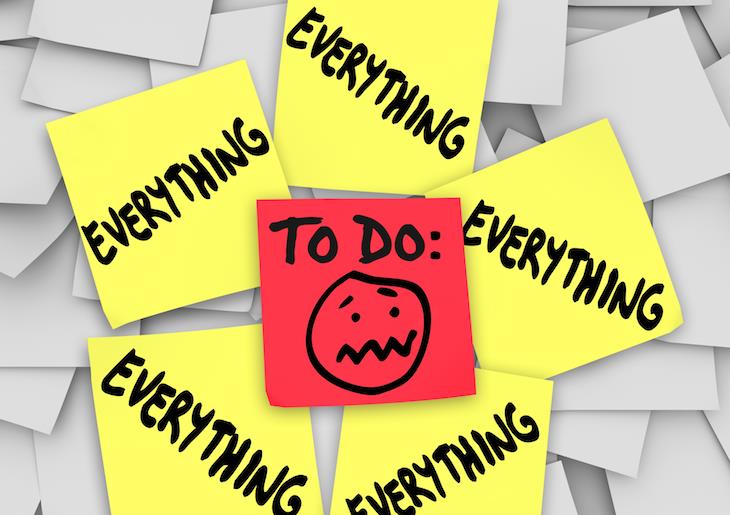

Stress is a common response by any organism to an environmental condition.
It can prove beneficiary or create problems at the same time. Stress helps us to work under pressure, motivates us to do our best and keeps us safe in danger. But, it can turn into a health hazard if it becomes overwhelming. In the prevailing arena, we all have lives filled with troubles, responsibilities, demands, frustrations, targets, and deadlines which don't let us realize stress.
What’s important here is the need to recognize the cause and symptoms of it for a better life.
 So, what is stress? It is the way our body reacts to a condition or situation. When a person feels threatened, the nervous system immediately responds by alerting the body to action. In a stressful situation, the human body shows many signs. It becomes cold, the heart beats faster, blood pressure rises, senses and brain become sharper, the muscles tighten. These changes help our body to perform better by increasing the stamina, speeding the reaction time and enhancing our focus. A stress which is known as the mobilization stress response also called the fight helps our body to protect us. There is another kind of stress known as the freeze or the immobilization response. As the name suggests, it is the form of stress that occurs when a person is traumatized.
So, what is stress? It is the way our body reacts to a condition or situation. When a person feels threatened, the nervous system immediately responds by alerting the body to action. In a stressful situation, the human body shows many signs. It becomes cold, the heart beats faster, blood pressure rises, senses and brain become sharper, the muscles tighten. These changes help our body to perform better by increasing the stamina, speeding the reaction time and enhancing our focus. A stress which is known as the mobilization stress response also called the fight helps our body to protect us. There is another kind of stress known as the freeze or the immobilization response. As the name suggests, it is the form of stress that occurs when a person is traumatized.
Stress in our comfort zone helps us to stay alert in emergencies; it can save our lives by encouraging us to work beyond our strength; like acting immediately in case of electrocution or spurring you to push brakes in case of accidents. It can help us to meet the deadlines and challenges like studying hard for an exam, practice to win a game, keeping you on your toes for an important presentation etc. But, when the stress is not within our comfort zone, it leads to physical and mental damage. During the freeze, stress stops being helpful.
Here are health problems through which we can recognize stress in our lives:
1. Loss or gaining weight.
2. Depression
3. Anxiety
4. Insomnia
5. Many unknown skin diseases
6. Loss of our body’s auto ability to immune diseases
7. Pain in joints and knees
8. Rise in blood pressure or cholesterol
9. Indigestion of food
10. Memory loss
11. Heart problems
12. Indigestion of food
13. Reproductive issues
14. Mood swings
15. Constant worrying
16. Loss of sex drive
17. Rapid heartbeats etc.
18. Getting annoyed or angry

What causes stress?
Anything that happens against our will causes stress. The situations that cause stress are known as stressors. It can either be negative or positive.

How to handle stress?
1. By engaging yourself in activities when idle
2. Listen to music
3. Talk to others
4. Take yoga and meditation classes
5. Eat healthy food
6. Take proper diet
7. Rest your mind
8. Get help
